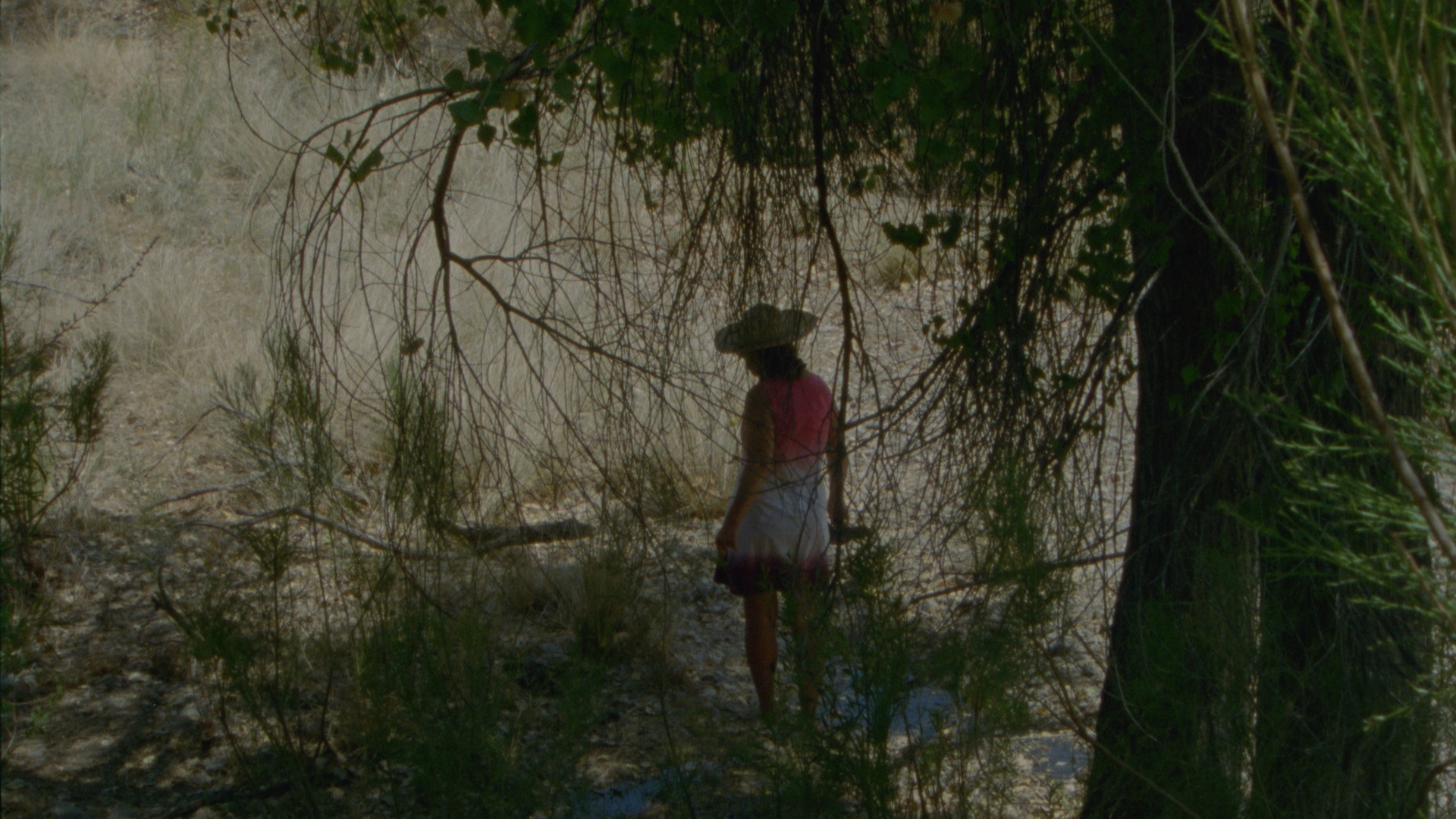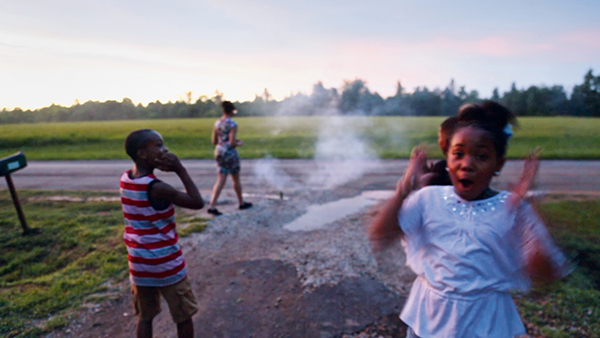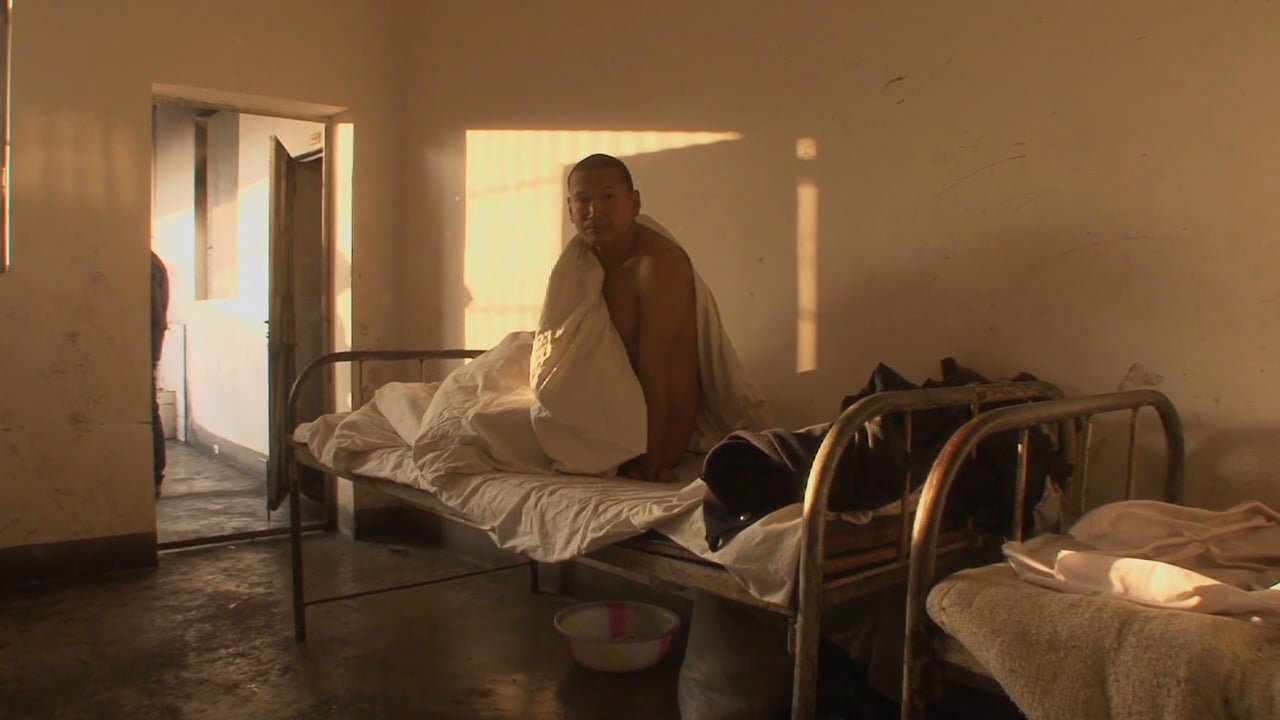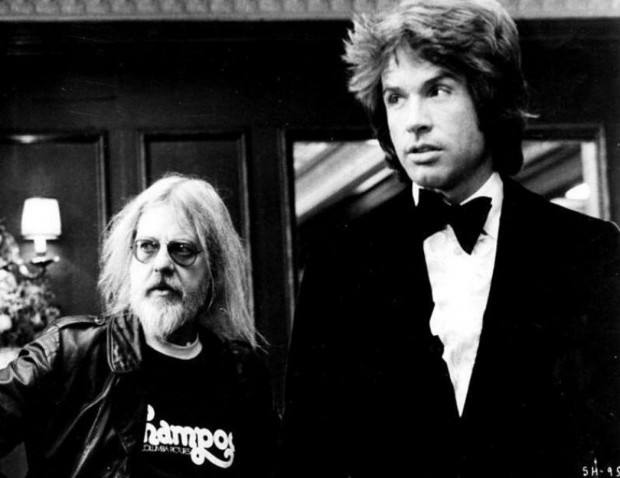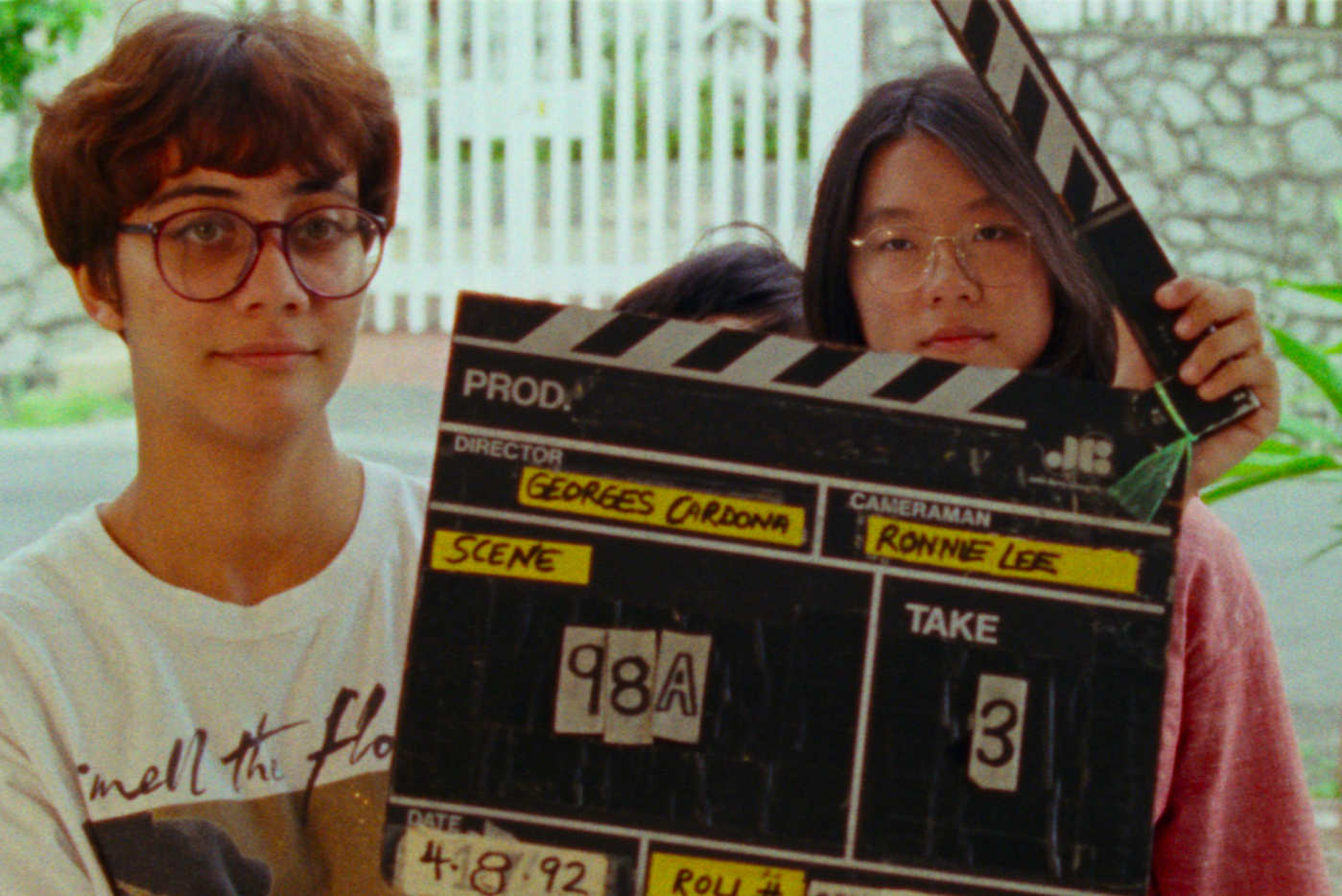El Mar La Mar
El Mar La Mar Directors/Joshua Bonnetta, J.P. Sniadecki Watched on You Tube Rating 2.5/5 A murky experiment in abstract impressionism, El Mar La Mar is determined to avoid engaging the viewer with any emotional or narrative hooks, distancing itself from accessibility with nearly every scene. While cinematically audacious–its old-school use of film grain provides textural interest and its wandering soundscape a welcome unpredictability–its overall design is aloof, even dull, despite the politically tense atmosphere of the subject matter. Shot in the Sonoran Desert by co-directors Joshua Bonnetta and J.P. Sniadecki, the film is a pastiche of gnarly nature shots, remnants of human detritus (discarded clothing, plastic water jugs) and even a few humans, unidentified and unexplained, who appear as totems of the ongoing migrant border issues. We hear the voices of those who live or work in this treacherous area, describing encounters with lost asylum seekers, dead bodies and, in one odd instance, a ravine-dwelling monster. These incidents are recounted at length, with few details left out, as the camera stares at a non-descript mountain ridge or patch of sand. As I watched, I experienced a sustained undercurrent of annoyance, at myself for rushing to judge the film, and at the filmmakers for hewing so relentlessly to their technique of detachment. In one locked-down shot, a naked woman–seen from behind–gradually submerges into a small pool of water tucked under some boulders. Eventually she disappears, and then we hear a smattering of voices echoing as if off the walls of an underground cavern. It’s mysterious and [...]

